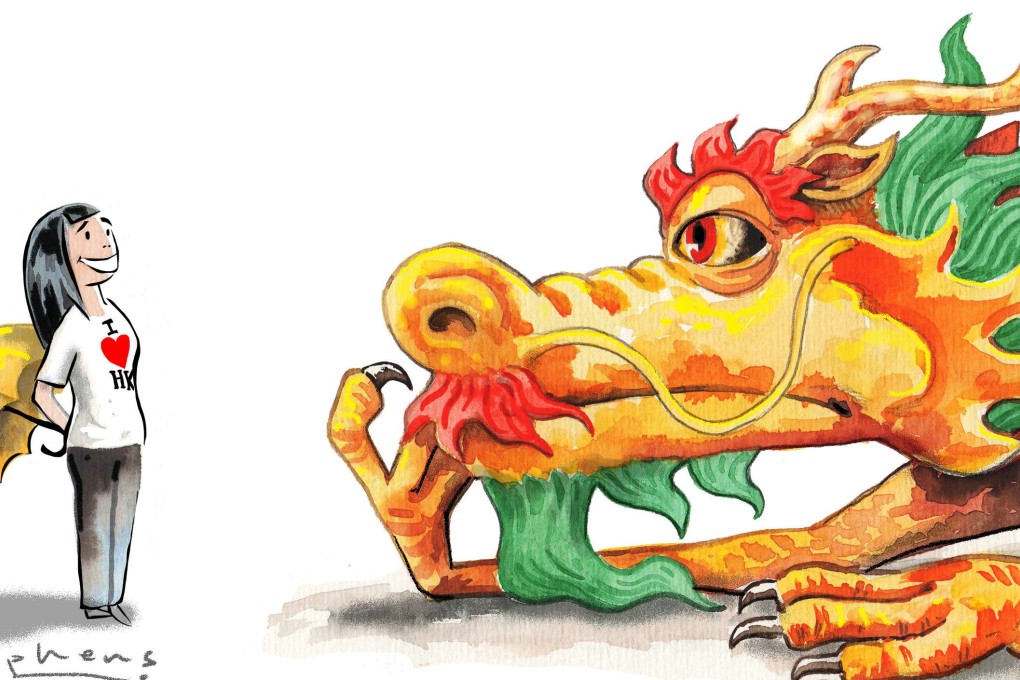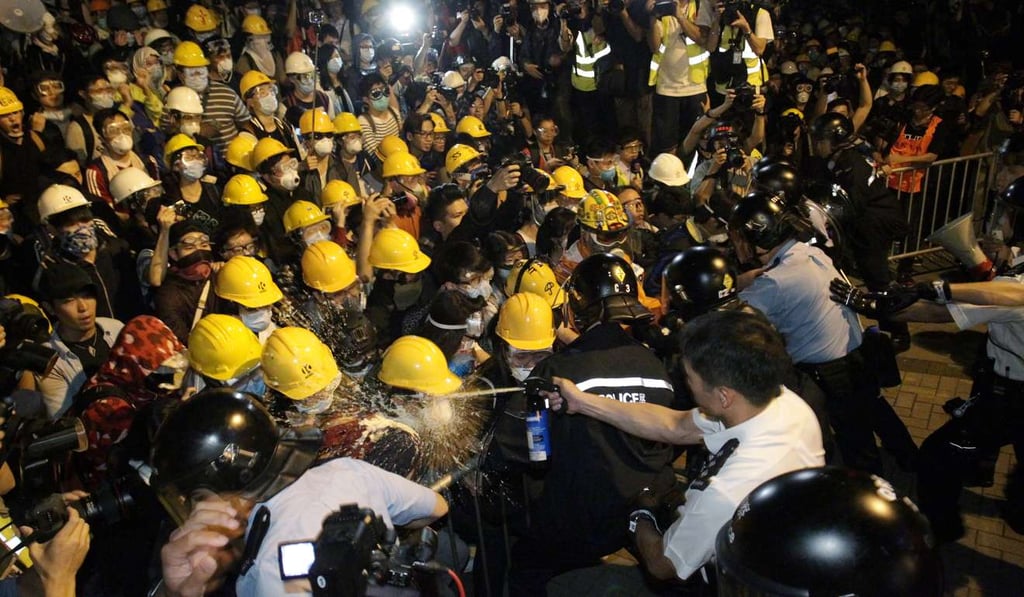Advertisement
Can battered Hong Kong regain some of its dignity in the eyes of Beijing?
Michael Heng says events like the 2014 Occupy protests could have been handled much better if all those involved had adhered to the ‘one country, two systems’ principle
Reading Time:3 minutes
Why you can trust SCMP


Advertisement
To the vast majority of Hongkongers, the idea of independence is simply and obviously untenable.
The demand for independence has been spearheaded by an extreme group within the pro-democracy movement. Two young pro-independence campaigners elected to the Legislative Council used the oath-taking ceremony last September to make a political point. Other than being a publicity stunt, it has done nothing to advance the cause of democracy in the city. On the contrary, the pair’s deliberately irreverent antics have generated a deep split within society. No wonder 2016 was described by some as a chaotic year.
Watch: Hong Kong 2016 in 60 seconds
Hong Kong has long been known for its pragmatism, tolerance, culture of moderation, openness and vibrancy. So, today, it is natural to ask: what has gone wrong?
The entry point for inquiry is the year 2014. In the 20 years since the return of Hong Kong to China, that year was probably the most interesting – for all the wrong reasons.
It was a year when a movement for greater democracy in September morphed into a massive street demonstration, known the world over as the “umbrella movement”.
Advertisement
The city’s culture of moderation is deep-seated. The annual mass gathering held to mark the June 4 Tiananmen incident, for example, has always proceeded without trouble. Even the Falun Gong, outlawed on the mainland, are allowed to operate in Hong Kong, albeit with some restrictions. The protest in 2012 against national education was resolved quite amicably. Many were expecting that good tradition to be displayed again in 2014. That is why they were taken aback by the sight of a peaceful, festive movement degenerating into street clashes between protesters and police, with some ugly scenes.


Advertisement